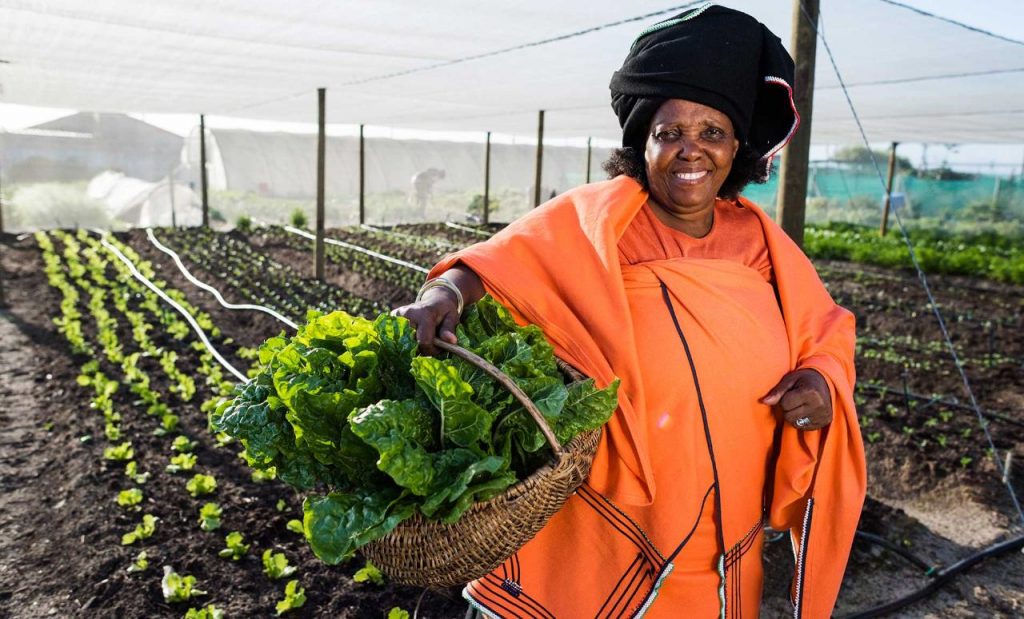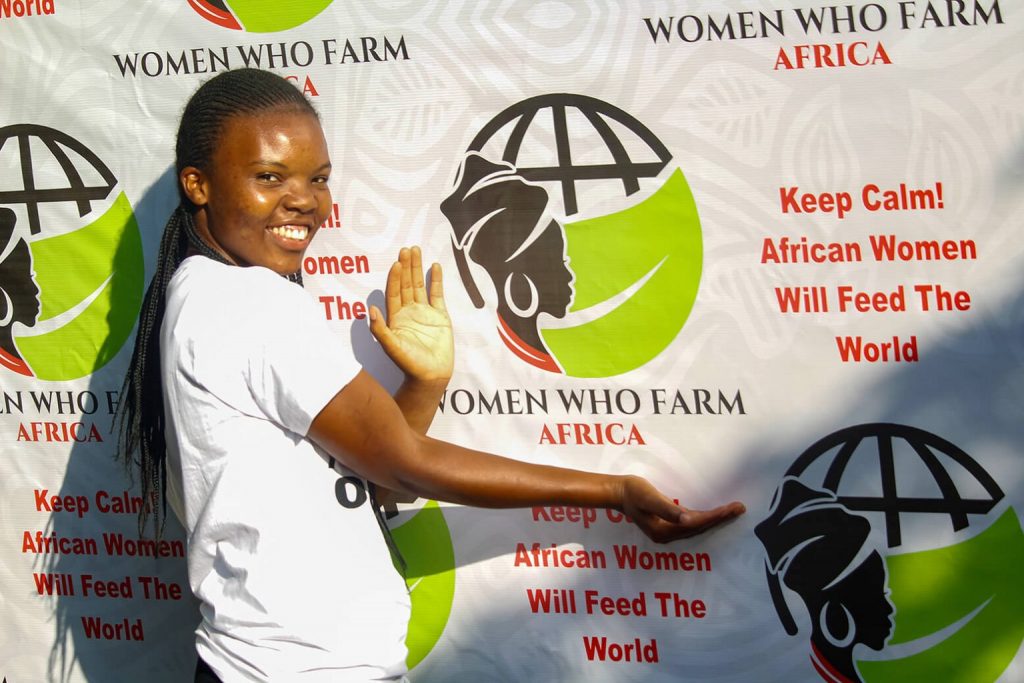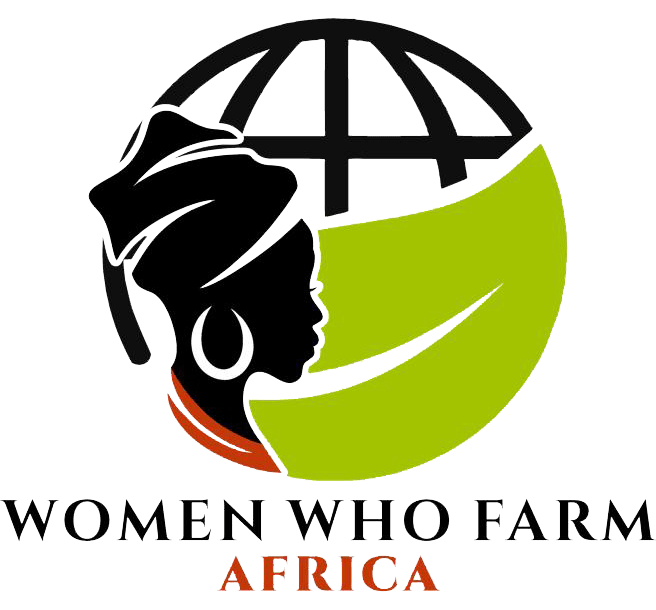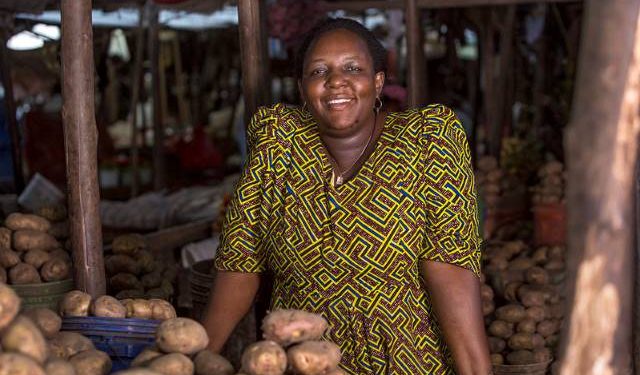As we navigate the challenges of food security and sustainable agriculture in Africa, one key factor stands out — the irreplaceable role of African women in the sector. In promoting food solutions and initiatives aimed at integrating the concept of circularity, women influence positive change in diverse and profound ways, acting as community-responsible, educators, innovators, livestock managers, cultivators, and even pioneers in reducing post-harvest loss. It is imperative to highlight such roles women play, as in a huge portion of the world, women are the main cultivators and producers, even with their labor going largely unappreciated.

Additionally, agrifood systems are a far more important source of livelihood for women than for men in sub-Saharan Africa. According to the Food and Agriculture Organization of the United Nations 2023 report, women surpass men in employment within the sector, despite carrying the additional responsibilities of unpaid domestic and care work, such as household cleaning and caring for family members
Impediments for African Female Entrepreneurs
- Barriers and adversities prevent African businesswomen from entering local and global markets. Many African women lack opportunities in education, personal wealth and tools to enter the market compared to their male counterparts. In 2019, Souhayata Haidara, special adviser to Mali’s Minister of Environment and Sustainable Development, discussed with the Africa Renewal information program, the importance of educating women. She stated how lucky she is to have completed school before getting married. Often cultural expectations force women to drop out of school to marry. She reiterated that economic empowerment for women begins with education.
- Even if a woman obtains a proper education, she may still find it difficult to start a business because of collateral requirements. Many African women do not own collateral or assets like land or a car. This leads to banks and investors financially excluding African women, which makes it difficult for African women entrepreneurs to access capital to launch and operate their businesses. In Tanzania, for example, although women have land ownership rights, customary law dictates that women cannot inherit land from their husbands or fathers.
- Sociocultural barriers also prevent African women from becoming entrepreneurs. Women miss out on opportunities because they are often the main caretakers for children and oversee unpaid domestic work. Sociocultural barriers force domestic responsibilities onto women which often prevents them from having time to start a business.
Female Entrepreneurs for Economic
- Growth Successful African businesswomen are crucial for a strong economy. Estimates say that gender gaps in employment and entrepreneurship cost economies about 15% of their GDP. Female-led businesses expand productivity, increase household incomes and diversify the local and national economy. With successful women’s economic empowerment, a country’s economy becomes stronger, meaning it is on track for poverty eradication
Orange Fleshed Sweet Potato project is an initiative by WWFA that aims to engage, empower and encourage Africa´s small scale rural women farmers to scale up production to consequently scale up the fight against hunger and hidden hunger.

The initiative by women for women realizes the challenges of information gap and access to new farming techniques that exists among women farmers: These challenges are detrimental to the fight against hunger and hidden hunger. By offering training in soft and technical farming skills in sweet potato production, women who farm hopes to build a network of women farmers who make deliberate choices to farm in order to obtain high yield, environmental protection and nutritional benefits needed for their children, families and communities at large. Women hold the power to influence diet choices and possess a special way of inculcating this influence in their children and families.

In Zambia, women farmers are at the helm of food production with over 60% actively involved as small scale farmers. On the other hand, Vitamin A Deficiency VAD takes the life of every 1 in five children under the age of five. There are bio fortified options available but are not in the hands of women farmers. Yellow maize, bio fortified sugar beans and Orange Fleshed Sweet Potatoes are available to grow for farmers in the country.
Sweet Potato is a very important Food and Nutrition Security root crop in Zambia. Orange Fleshed Sweet Potatoes (OFSP) is the bio fortified variety of sweet potatoes that contains high levels of beta – carotene. Beta- carotene is an organic red – orange pigment abundant in plants and fruits. When consumed by humans, it is converted to Vitamin A. It enhances nutrition, is a drought tolerant crop, and needless to say, it has potential to improve farmer income.
So far it has proven to be able to curb unexpected weather changes, adapt to varied agro ecological zones, yield highly and most importantly, fight hunger and hidden hunger. The project is being developed in a structure that will ensure women farmers in Chilanga district grow more of this crop.







